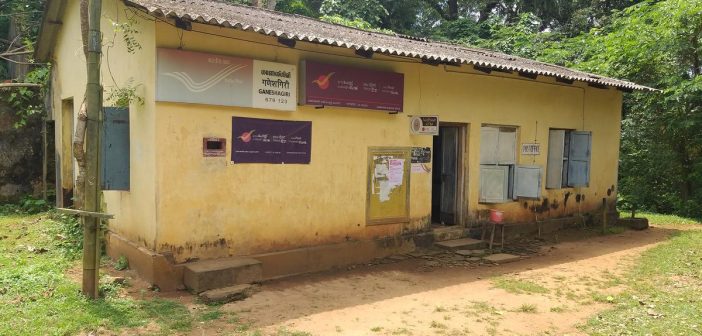The Department of Communications has emphasized the vital contribution of India’s extensive network of post offices to the rural economy, highlighting its ability to deliver essential postal, financial, and citizen-focused services across the nation. With around 164,000 post offices in total—approximately 139,000 located in rural areas—and the support of 240,000 Gramin Dak Sevaks and the India Post Payment Bank (IPPB), these institutions have emerged as key players in bridging gaps and enabling equitable access to services.
The department’s network ensures the reliable and timely delivery of documents and parcels to even the most remote regions of the country, thus connecting rural populations with the broader economy. Leveraging technological advancements, all post offices now operate under a Core Banking Solution, providing customers with diverse facilities such as internet banking, mobile banking, NEFT (National Electronic Fund Transfer) and RTGS (Real-Time Gross Settlement) for funds transfer, electronic clearing services (ECS) for crediting interest and maturity amounts, and an e-passbook feature for viewing account balances and mini-statements.
The IPPB enhances these services with its digital banking solutions, offering paperless transactions, Aadhaar-enabled payment systems (AePS), direct benefit transfer (DBT) facilities, and assisted digital services. Additionally, the Rural Postal Life Insurance (RPLI) scheme has been tailored to provide affordable insurance coverage to individuals residing in rural areas, further supporting financial inclusion.
Efforts have been undertaken to integrate the expansive postal network with online business and to broaden its accessibility to markets. The department’s approach provides comprehensive solutions encompassing the induction, transmission, and delivery of consignments nationwide. This includes value-added services such as insurance, track and trace capabilities, cash-on-delivery options, application programming interface (API) integration, management information system (MIS) dashboards, and the “Book Now Pay Later” (BNPL) facility.
To enhance connectivity and facilitate e-commerce opportunities for tier-two and tier-three towns, the department has established a dedicated national road transport network, complemented by state-level transport routes. These initiatives extend the benefits of e-commerce to both urban and rural populations. At the last mile of delivery, the establishment of nodal delivery centers (NDCs) equipped with mechanized modes of transport ensures efficient and exclusive parcel distribution.
This information was shared by the Minister of State for Communications and Rural Development in a written reply to a query during a Lok Sabha session, underscoring the government’s commitment to leveraging its postal network for the socioeconomic development of rural areas.
Through such initiatives, India’s Department of Communications continues to play a transformative role in strengthening rural economies, promoting financial inclusion, and connecting communities with essential services in an increasingly digital world.





